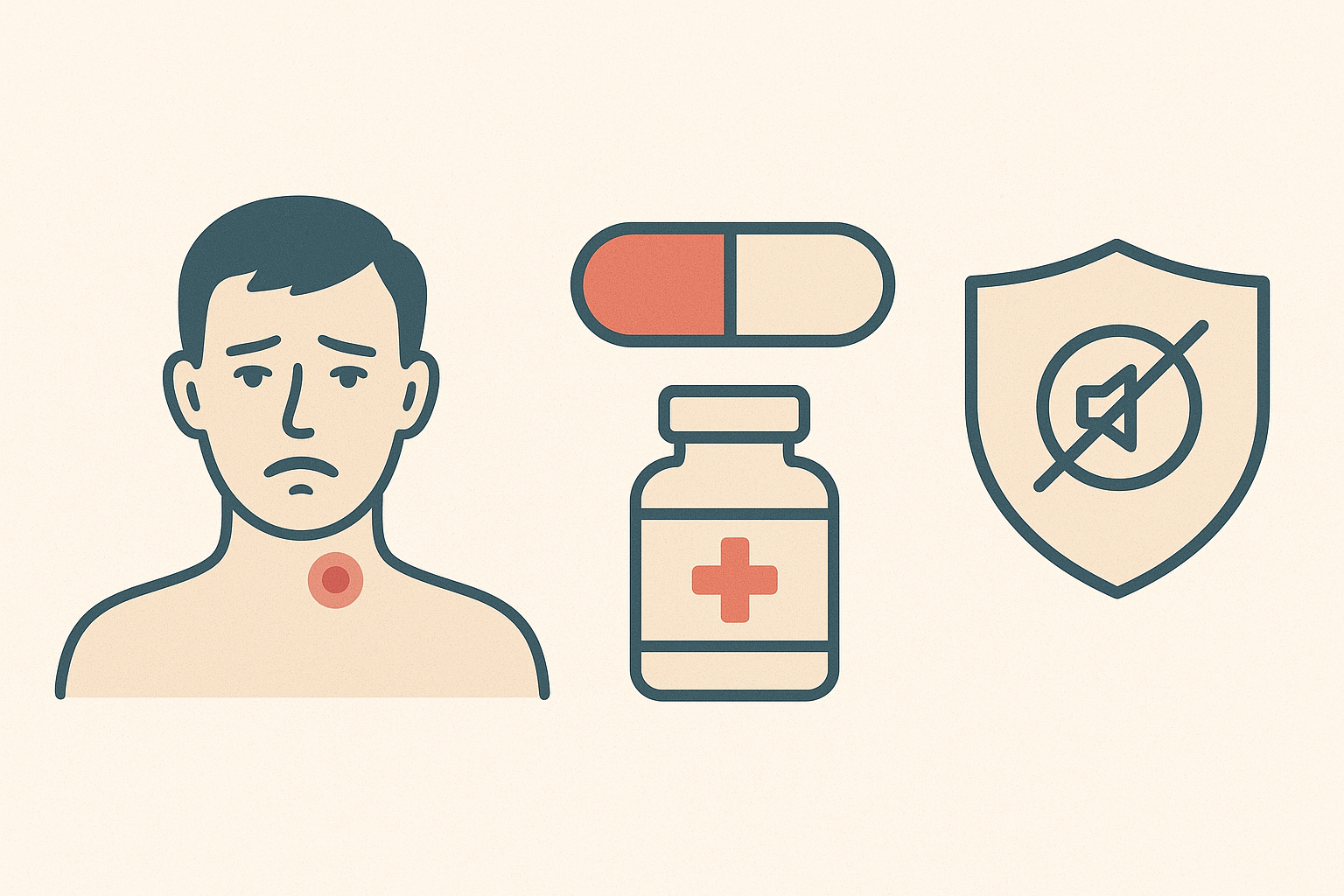
Good afternoon, friends!
My name is Tamara Kozyr, and this is my channel about health and a healthy lifestyle. Today, we continue discussing alcoholism with our expert, psychiatrist, and psychotherapist Alexey Alexandrovich Magalif. In this episode, we’ll talk about whether it’s possible to cure alcoholism and what it takes.
Key Points of the Interview
Is it possible to cure alcoholism?
- Alexey Alexandrovich optimistically states that it is possible. However:
- It’s a collaboration between the patient and the doctor, where the final decision always lies with the patient.
- The doctor can help, but cannot do the work for the patient.
Myths and Realities of the Disease
- Many people perceive alcoholism not as a disease, but as weakness or lack of discipline.
- The main goal of treatment is to create indifference to alcohol in the patient, not to scare or force them.
- Coding therapy, often used to instill fear, doesn’t always produce long-term results.
Patient Initiative as the Key to Success
- Patients often perceive narcologists as “wardens,” especially if treatment is initiated by relatives.
- Successful therapy requires the individual to recognize the problem and be ready to change.
The Problem of Dependency and Stress
- Alcohol is often used as an antidepressant, tranquilizer, or stress reliever.
- For people with low stress tolerance, simply removing alcohol under threat of punishment isn’t a solution, as it worsens their condition.
- Treatment should address underlying depression, insomnia, and other related symptoms.
Rehabilitation: What to Know
Duration of Rehabilitation
- Recovery after binge drinking: several weeks.
- For individuals with years of dependency, the process is more challenging due to a strong emotional connection to alcohol.
Key Aspects of Therapy
- Individual Approach. Every case is unique, and there is no universal method.
- Work with a Psychologist or Psychiatrist. A doctor helps identify the root causes of dependency, prescribes medication to normalize mental health, and reduces the need for alcohol.
- Active Patient Participation. Successful results depend on the patient’s engagement in the process and willingness to change their lifestyle.
Features of Female Alcoholism
- Women are more prone to depression and emotional fluctuations, making female alcoholism more challenging to treat.
- However, this doesn’t mean female alcoholism is incurable. Emotional characteristics must be taken into account, and an appropriate approach is needed.
Myths About Rehabilitation
- “You can drink a little after treatment.”
- This is impossible. Even small doses can reactivate the “archived” addiction program.
- “Treatment is the same for everyone.”
- Every case requires an individual approach.
- “Alcoholism is a choice.”
- It’s a disease that requires a comprehensive approach and the patient’s conscious desire to change their life.
Conclusion
- Treating alcoholism is possible if the individual is ready to accept help, recognize the problem, and actively participate in rehabilitation.
- Alcoholism is not just a substance dependency but a complex of emotional and psychological issues that need to be addressed.
If you have any questions, leave them in the comments.





